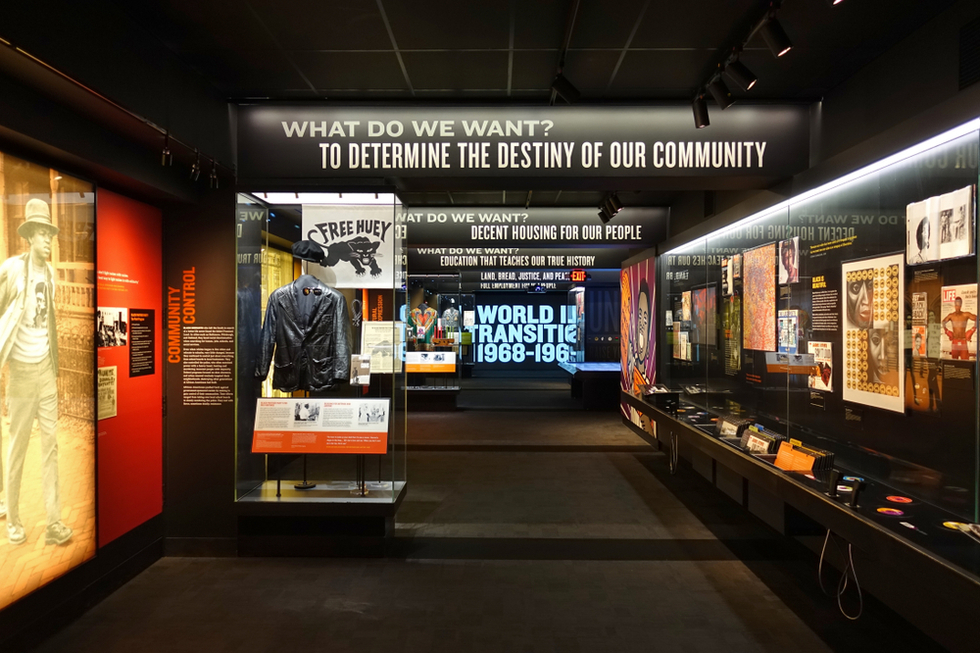While watching news coverage of the assassination of President John F. Kennedy, Martin Luther King, Jr. turned to his wife, Coretta, and told her: “This is what is going to happen to me.” All his adult life, the nonviolent activist had been threatened, assaulted, and surrounded by people who considered him their enemy. The FBI routinely released memos documenting his activities, with the heading “MLK—Communist.”
Still, Dr. King came to Memphis in early April of 1968 in support of the city’s striking garbage collectors. He checked into the Lorraine Motel, as he always did when visiting Memphis. On April 3 at 9:30pm, he stepped up to the podium at the Mason Temple and delivered what would come to be known as the “Mountaintop” speech. “Something is happening in Memphis; something is happening in our world,” he said. He spoke about the time a woman approached him in a department store and stabbed him in the chest, narrowly missing his heart. Friends remarked later that the murder attempt was an odd subject to discuss—he had never talked about it in public like that. On April 4, the day the march was to take place, Martin Luther King, Jr. stepped out onto the balcony outside his room and was assassinated.
King’s death struck a horrible blow to the American civil rights movement and incited riots in cities across the country. Four thousand National Guard troops were ordered into Memphis by Gov. Buford Ellington, and a curfew was imposed on the shocked city of 550,000 inhabitants. More than fifty years later, its effects can still be felt in Memphis, the South, and our nation, and the most poignant display of artifacts related to the event can be found at the Lorraine Motel. In evocative displays, the museum chronicles the struggle of African Americans from the time of slavery to the present through multimedia presentations, walk-through tableaux, and historic exhibits including a Montgomery, Alabama, public bus like the one on which Rosa Parks was riding when she refused to move to the back of the bus. Sitting down on the bus is a rite of passage for every Memphis visitor. The museum has always been deeply affecting and particularly personal to Memphians. Allow 2 to 3 hours, and be sure to purchase timed-entry tickets in advance after checking to see which discounts you may qualify for at civilrightsmuseum.org/visit.






 About our rating system
About our rating system


